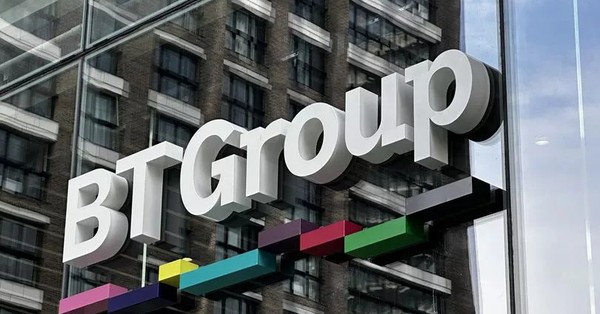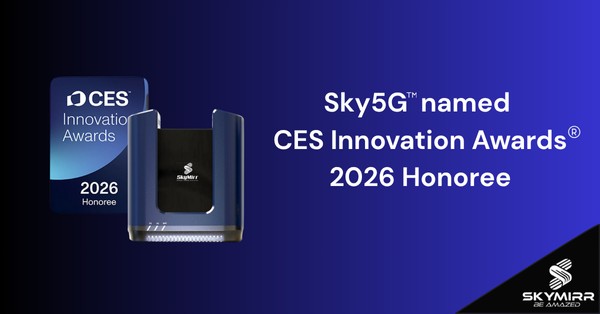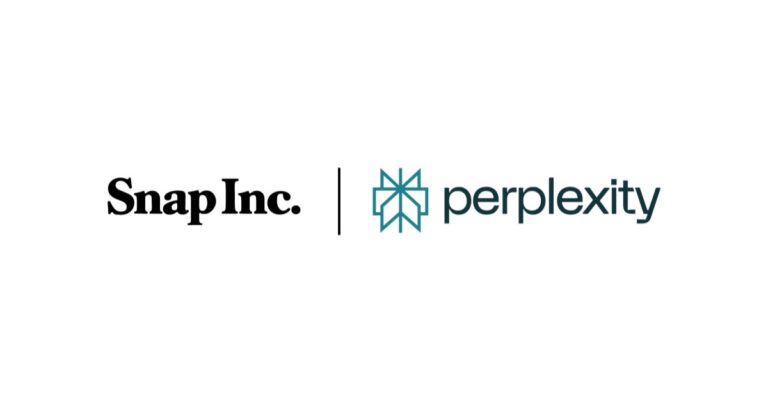SK Telecom Advances Metaverse Presence with Strategic Southeast Asian Partnerships
SK Telecom, a leader in telecommunications from South Korea, is charting a bold course in the expansion of its metaverse platform, ifland, into Southeast Asia through strategic partnerships with CelcomDigi Berhad in Malaysia and Cherry in the Philippines. These collaborations aim to tailor the metaverse experience to regional tastes, leveraging local brand partnerships, marketing strategies, and customer support.
Expanding Digital Horizons with Localized Metaverse Platforms
SK Telecom’s initiative is not just about introducing its metaverse platform, ifland, to new markets; it’s about creating a version of the virtual world that resonates with local cultures and preferences. By working closely with CelcomDigi, Malaysia’s telecom frontrunner, and Cherry, an influential Internet-of-Things (IoT) platform in the Philippines, SK Telecom intends to offer a metaverse platform that feels right at home in Southeast Asia.
These partnerships are pivotal in SK Telecom’s broader strategy to lead in providing immersive metaverse experiences globally. By focusing on local brand collaborations, specialized marketing initiatives, and primary customer support, CelcomDigi and Cherry are set to play a crucial role in ifland’s adoption and adaptation in their respective markets.
AI Integration in SK Telecom’s Metaverse
A standout feature of SK Telecom’s strategy is the integration of artificial intelligence (AI) within ifland. By the end of the year, the platform plans to introduce AI features that are unprecedented in the metaverse landscape. These include AI non-player characters (NPCs) that can communicate in local languages and reflect regional cultures, and a 3D AI studio capable of generating culturally specific items and spaces using generative AI technologies.
The ambition here is to fuse metaverse and AI to offer a seamless, global AI metaverse experience that transcends geographical and cultural barriers. Support for languages like Malay, Indonesian, Hindi, and Spanish is anticipated to roll out within the first half of the year, further emphasizing SK Telecom’s commitment to a globally accessible metaverse.
SK Telecom’s Strategy for Global Metaverse Presence
The partnerships with CelcomDigi and Cherry are part of SK Telecom’s grand vision for ifland’s global expansion, with Southeast Asia serving as the launchpad. Beyond this region, SK Telecom is eyeing potential collaborations in the Americas, indicating a strategic approach to becoming a dominant player in the global AI metaverse arena.
By enriching ifland with more supported languages and a curation feature that tailors content recommendations to the user’s regional characteristics, SK Telecom aims to enhance the global metaverse experience significantly.
Conclusion
SK Telecom’s foray into Southeast Asia with its metaverse platform, ifland, through strategic partnerships with CelcomDigi and Cherry, marks a significant step in its global expansion strategy. By localizing the metaverse experience and integrating innovative AI features, SK Telecom is not just aiming for technological leadership but also for a deep, cultural resonance with its new markets. The move is a bold stride towards creating a truly global, AI-driven metaverse that bridges cultures and transcends boundaries.
Related Content:
5G Monetization – Laying a Foundation for New Business Growth in the Metaverse
SK Telecom’s AI Journey: Reinventing Telecommunications
MWC 2024: Artificial Intelligence (AI) and GenAI announcements


































